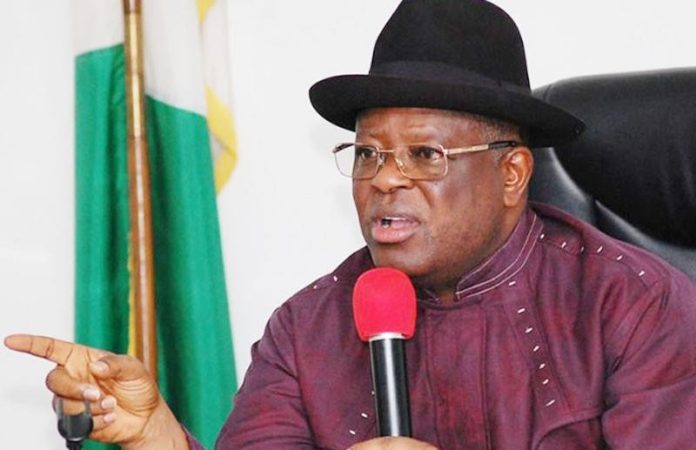Minister of Works, Engr. David Umahi, has said that phase one of the Lagos-Calabar super highway will be ready for commissioning by May 2025.
Umahi disclosed this at a meeting with contractors at the Ministry’s headquarters in Mabushi, Abuja. Commending the contractor handling the project for the quality of work, Umahi also revealed that the Federal Government has paid N10bn as compensation for communities and individuals along the road corridor affected by the project.
He said;
“The ministry is doing everything possible to see how we can do away with veriation of price. In the states, there is nothing like variation of price, but what is fashionable in the Ministry of Works is variation of price.
“Let me announce that the concrete we gave, the asphalt we gave are based on a price of N1,700 per $1 US dollar; it don’t attract any variation. Even the legacy project, the Lagos-Calabar Coastal Highway, we have cut down to six lanes. The project has not been stopped.
“It is going on smoothly. The first phase of this project should be ready for commissioning by May 2025. It shows that we mean business. As we are taking now, over 4 kilometers of concrete road has been completed. And where you have MTN and African cable, we saved the community and the cables.
“We had to reroute to establish a new pathway away from the old route and the gazetted route. We’ve paid compensation of almost N10bn.
“Over 90 percent of the new projects in the 2024 budget are constituency projects of the National Assembly. These constituency projects have very poor (funding) allocations in the 2024 budget, and that is why I say it is a palliative budget.
“The budget is, (however) also very useful because a chain is as strong as its weakest link. If you have a beautiful road and it is broken into two by a flood, what do you do? That is where the budget provision or emergency project will come in handy.
“We have 330 (emergency) projects, and as at today, we have completed over 80 per cent. We’ve completed some bridges.”
Umahi also said that the Federal Executive Council has agreed that some projects that do not have funding will be stepped down for those that have the greatest impact on the lives of a greater number of Nigerians.

